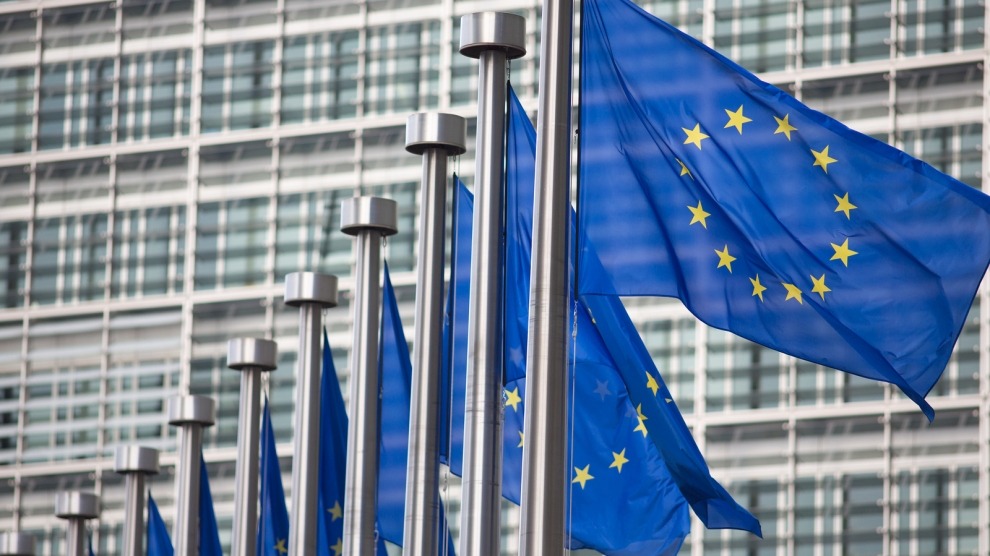Following a defeat in court, the European Commission continues to declare that it remains unfair that Apple is paying so little in taxes.
On Wednesday, the General Court of the European Union ruled that the Irish government didn't unlawfully aid Apple in reducing its tax bill. That decision ultimately annulled $14.4 billion in back taxes that the EU demanded Apple pay.
Following the defeat, European Commission executive vice president Valdis Dombrovskis said that the executive doesn't "consider it normal that the largest corporates get away with paying one percent tax at most."
The EU's commissioner for economy, Paolo Gentiloni, made similar comments, the EU Observer reported. "A single ruling is not discouraging our commitment in this sense," Gentiloni said following the decision Wednesday. "I would say the contrary."
The European Commission originally determined in 2016 that two tax rulings issued by Ireland to Apple constituted illegal aid by the state. But the court on Wednesday said that the Commission had failed to provide enough evidence to substantiate those claims.
In the wake of the ruling, the Irish government praised the court's decision, saying that the "correct amount of Irish tax was charged" in line with the country's normal taxation.
Just a few hours after the General Court ruling, the EU unveiled sweeping tax plans aimed at more transparent, simpler and fairer taxes. The plan included provisions that put increased pressure on digital platforms, like Apple's App Store.
It also included articles that could sidestep the power of veto by member states. That's part of a broader push to curb "corporate tax regimes of member states," including countries known for allowing and fostering tax evasion or avoidance.
The newly announced plan follows years of critiques of Europe's tax system, including by European Network on Debt and Development tax expert Tove Maria Ryding.
"If we had a proper corporate tax system, we wouldn't need long court cases to find out whether it is legal for multinational corporations to pay less than one percent in taxes," Ryding said.
 Mike Peterson
Mike Peterson








 Malcolm Owen
Malcolm Owen
 Amber Neely
Amber Neely
 Andrew Orr
Andrew Orr
 William Gallagher
William Gallagher
 Christine McKee
Christine McKee
 Sponsored Content
Sponsored Content










48 Comments
Apple doesn't make tax law, they just follow it. If the EC doesn't like their current tax laws, maybe they should fix them?
It is unfair but 1. Apple is simply playing by the rules they set 2. Instead of trying to raise Apple’s taxes they should find ways to lower everyone else’s. No matter how much they collect politicians will always find ways to spend even more! #taborcolorado